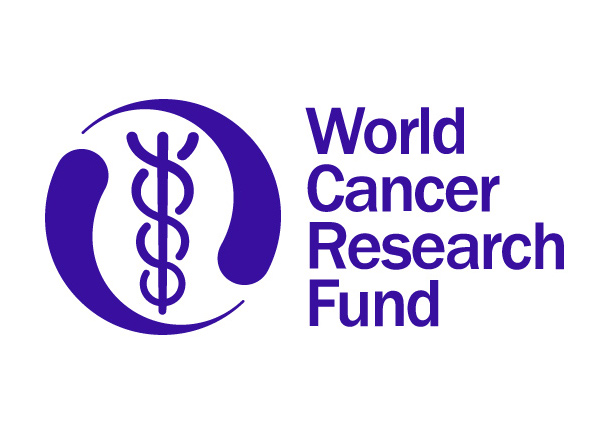Background
Research has shown that overweight and obesity causes certain types of cancer. It also showed that it takes many years from being overweight or obese until cancer develops. Because the number of people who are overweight or obese is increasing and many are also gaining weight earlier in life (such as during childhood), the consequences of this on the chances of surviving cancer are still largely unknown.
Only very few studies have looked at changes in weight during the whole life and considered the years spent with overweight or obesity and how this affects the prognosis for cancer patients. Yet this is important to provide effective and targeted cancer treatment.
Aims and objectives
In this project, we studied whether more years of life spent with overweight or obesity before being diagnosed with cancer has an impact on the chance of surviving cancer.
Furthermore, we looked into how much this effect was caused by overweight or obesity and how much was actually related to insufficient physical activity, smoking, unhealthy diet or diabetes that also increase the risk of developing cancer.
How the study was done
We used data from large studies in European countries, China, Australia and the US to estimate the overall impact of overweight and obesity duration on cancer survival. Repeated assessments of height and weight were used to estimate how many years each person spent with overweight or obesity over their lifetime.
We used statistical techniques to see the impact of the number of years spent with overweight or obesity on cancer survival, taking into account the effects of other important factors, such as physical activity, smoking, alcohol use, diet and having been diagnosed with diabetes.
We included information on how advanced the cancer of each patient was at diagnosis and what kind of treatment the patient received.
Finally, we used a new calculation method to differentiate how much of this effect was caused by body weight and how much was related to the other factors.
Conclusions
A longer duration of overweight or obesity during early adulthood was significantly associated with cancer occurrence of postmenopausal endometrial and breast cancer in women, and with a higher mortality in patients diagnosed with breast and colorectal cancer.



